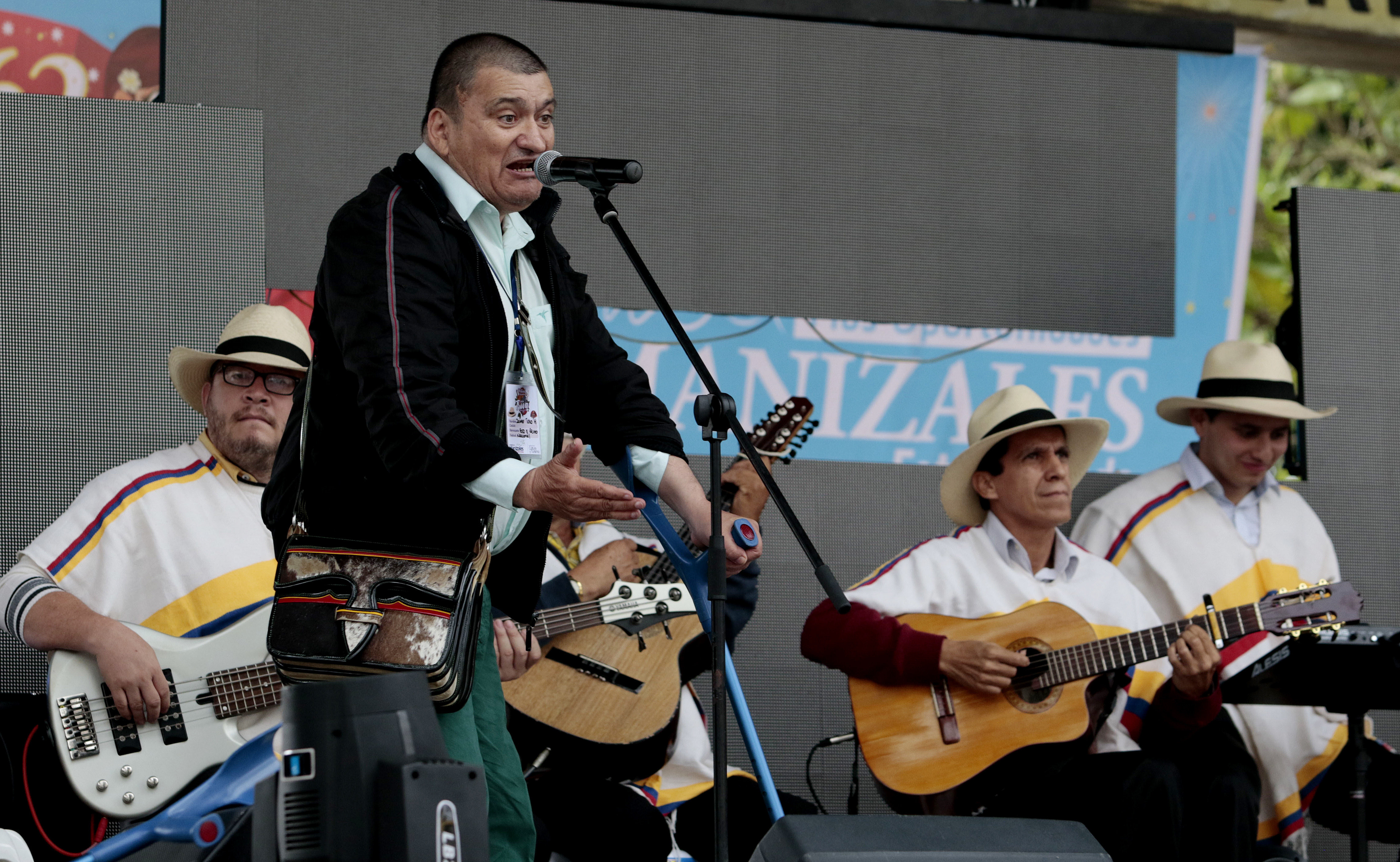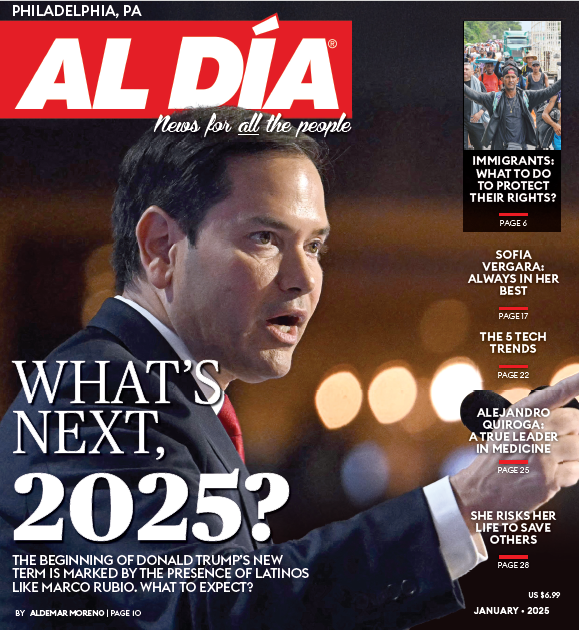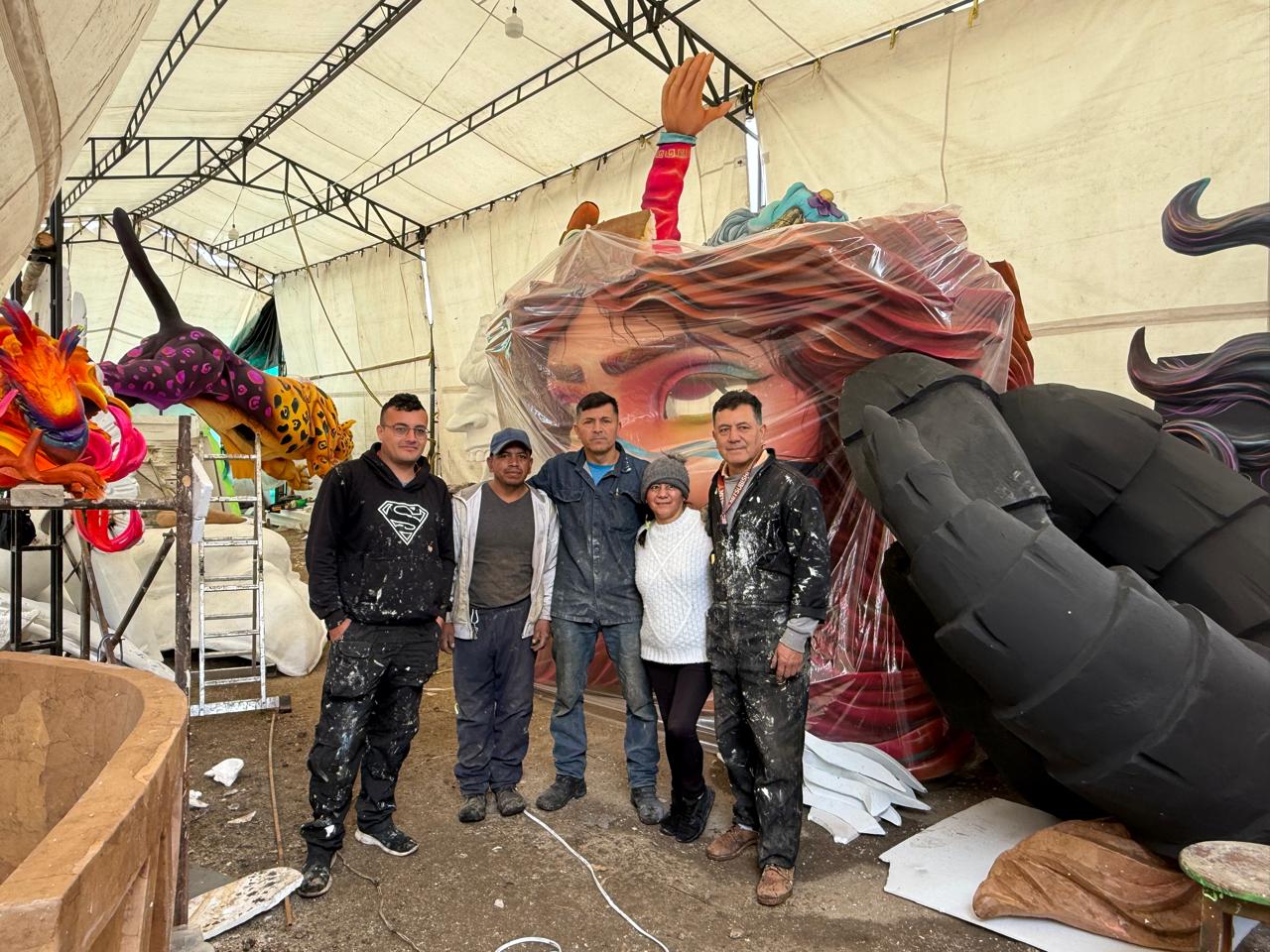
Colombian city of Manizales wraps up latest edition of Spanish-inspired fair
Manizales, Colombia"s "city of open doors," has brought the curtain down on the 62nd edition of its traditional, Spanish-inspired fair, a festival held…
Manizales, Colombia's "city of open doors," has brought the curtain down on the 62nd edition of its traditional, Spanish-inspired fair, a festival held annually in January.
An estimated 300,000 tourists traveled to this central city earlier in the month to enjoy a wide range of events that are centered mainly on traditions, culture and sports and mostly free of charge.
Among the visitors to the Manizales Fair were the ambassadors to Colombia from Spain, Pablo Gomez de Olea, and India, Ravi Bangar.
Gomez de Olea, who received the keys to the city from Mayor Octavio Cardona, emphasized the connection between his country and Manizales, whose festival was created in the style of the world-famous April Fair in Seville, Spain.
The Manizales Fair has only been canceled on two occasions: in 1980 because of the damage caused by the Nov. 29, 1979, earthquake, and in 1986 due to the tragedy resulting from the eruption of the Nevado del Ruiz volcano on Nov. 13, 1985.
Founded by Antioquian settlers in 1849 in the foothills of the Colombian Andes' Cordillera Central range, this capital of the coffee-producing province of Caldas has a rich history of poets, artists, architects, politicians and business leaders.
It also has been home to entrepreneurs like Oscar Hoyos Botero, a native of Manizales who in 1955 made the bold move of launching a festival steeped in Colombian traditions yet at the same time bearing the spirit of the Seville fair.
"It was there, (during a visit to) the Andalusian capital, where Hoyos Botero came up with the idea that today is the engine for much of the economy of the city and the region," said Luis Bernardo Gomez, city historian and devotee of another of Manizales's symbols - the Virgin of Macarena, also a revered image in Seville.
During the week-long fair, which concluded Sunday, nearly a million people enjoyed a wide gamut of activities including a handcraft display regarded as one of the country's best, billiards competitions, concerts showcasing different musical genres, technology festivals, excursions to the Nevado del Ruiz volcano and exhibits of local culture such as trova (the singing of improvised verse, often in a competitive format) and muleteering.
RELATED CONTENT
The International Queen of Coffee beauty pageant, which draws contestants from the main coffee-producing countries and consumers of that caffeinated beverage, on Saturday night crowned Spain's Carmen Serrano as its new winner.
But the fair is an especially important event for bullfighting aficionados.
Manizales, the Colombian capital of that ancient sport, boasts a bullring, the Plaza Monumental, where all the great bullfighters have showcased their skills over its 60-year history.
This year's edition of the fair featured matadors of the caliber of Spain's Enrique Ponce and Julian Lopez "El Juli," France's Sebastian Castella, Peru's Andres Roca Rey and Colombian Luis Bolivar.
As the top bullfighter at this year's fair, Ponce received a trophy that was a replica of the city's cathedral.
Bullfighting at the Manizales Fair also has a social component, with the bullring's contributions in both donations and tax payments to the Rafael Henao Toro Red Cross Children's Hospital of Caldas University making the links between citizens and the bullfighting spectacle stronger than anywhere else in Colombia.
"The hospital is a social cause that has all the support of another cause, bullfighting," Dr. Juan Carlos Gomez, manager of Cormanizales, the entity that runs the bullring, said.
But perhaps the city's most notable asset is the hospitality of its people, a quality that validates its nickname.










LEAVE A COMMENT: